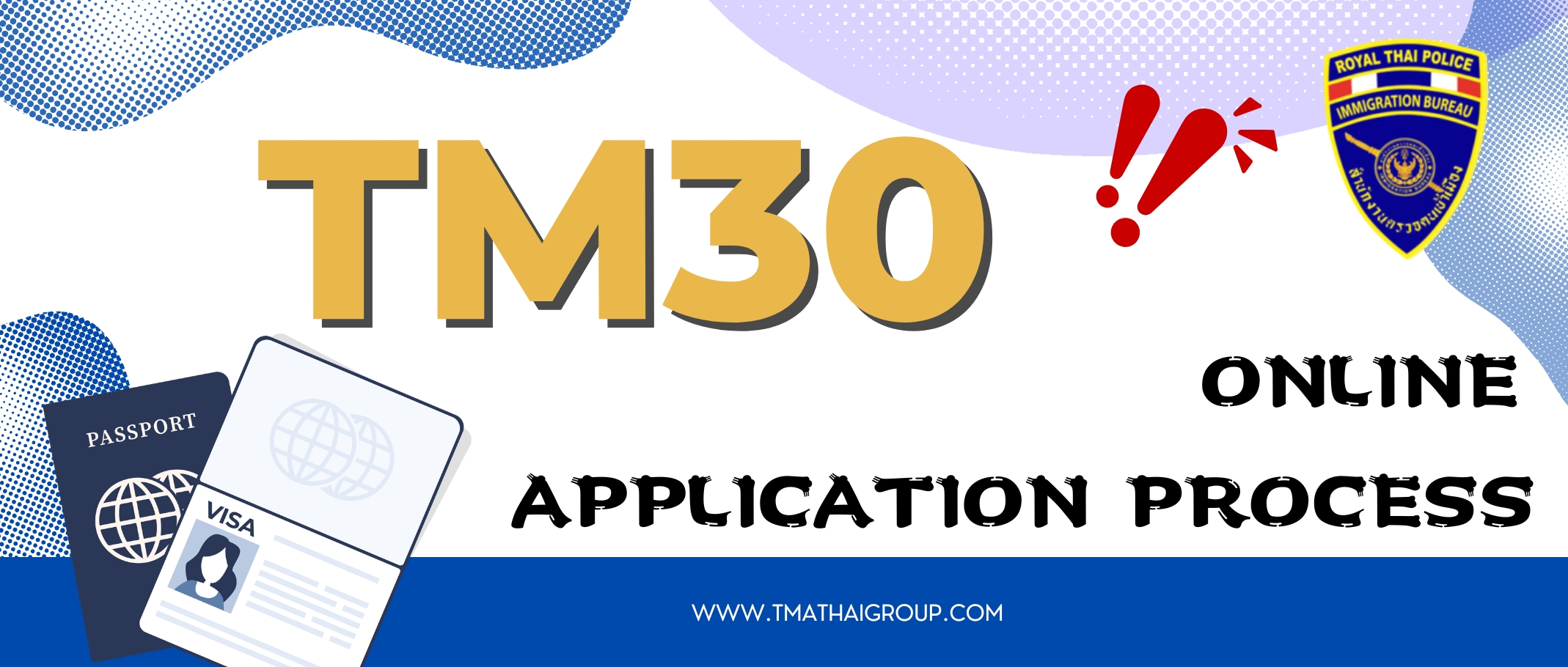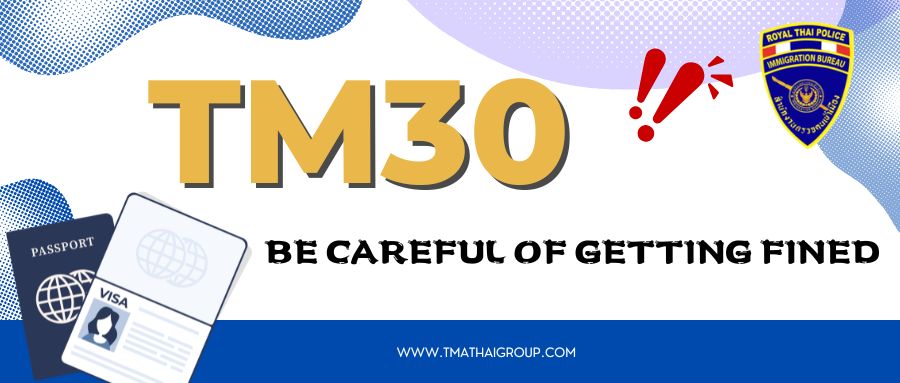Specific Business Tax (SBT) in Thailand
About TMA Group
TMA Group is a professional company focusing on local recruitment and corporate consulting in Thailand, dedicated to providing one-stop services including recruitment, financial management, tax disposal, legal consulting, personnel management, etc. for enterprises and individuals. If you need more advice on investment in Thailand, please feel free to contact us.
Specific Business Tax (SBT) in Thailand
Specific Business Tax (SBT) is an indirect tax imposed on certain businesses that are exempt from Value Added Tax (VAT). These businesses often involve financial transactions, property-related activities, or other specified services that do not fall under the general VAT system.
1. Key Features of SBT
Purpose: SBT applies to businesses in specific industries or engaging in specific transactions that are excluded from VAT.
Legal Basis: Governed by the Thai Revenue Code.
Scope: Applicable to both corporations and individuals engaged in specified taxable activities.
2. Businesses and Activities Subject to SBT
The following businesses are subject to SBT:
| Business/Activity | Tax Rate | Tax Base |
|---|---|---|
| Banking, finance, and similar businesses | 3.0% | Gross receipts (interest, fees, etc.). |
| Life insurance companies (on investment income) | 2.5% | Gross receipts. |
| Real estate businesses (sale of immovable property) | 0.1% | Sale value of the property. |
| Pawnbrokers | 2.5% | Gross receipts. |
| Other specified activities | Varies (0.01%-3%) | Based on the activity’s gross receipts. |
Note: In addition to the SBT rate, a local tax surcharge of 10% of the SBT payable is also applied.
3. Exemptions from SBT
Certain businesses and transactions are exempt from SBT, including:
Services subject to VAT.
Financial institutions operated by the government.
Sale of immovable property by individuals who are not in the real estate business.
Specific income or transactions exempted by law (e.g., under a Board of Investment (BOI) promotion).
4. Calculation of SBT
a. Tax Base
SBT is calculated on gross receipts, which include all income generated from the taxable activity, excluding VAT or other taxes collected.
b. Formula for SBT Calculation
SBT Payable = (Gross Receipts × SBT Rate) + (10% Local Tax Surcharge).
Example:
If a real estate company sells a property for 10,000,000 THB, the SBT is calculated as follows:
SBT = 10,000,000 × 0.1% = 10,000 THB.
Local Tax Surcharge = 10,000 × 10% = 1,000 THB.
Total SBT Payable = 10,000 + 1,000 = 11,000 THB.
5. Filing and Payment
Filing Frequency:
SBT returns must be filed on a monthly basis.
Forms Used:
Form SBT 40: For general businesses subject to SBT.
Form SBT 41: For financial institutions and other specific businesses.
Payment Deadline:
SBT returns must be submitted, and payments made, by the 15th of the following month.
Filing Methods:
Online via the Revenue Department’s e-filing system.
In-person submission at the local Revenue Department office.
6. Penalties for Non-Compliance
Failure to comply with SBT obligations may result in the following:
Late Filing: Fine of 2,000 THB.
Late Payment: Surcharge of 1.5% per month on unpaid tax.
Underpayment: Penalty of 20% of the underpaid amount.
7. Practical Considerations
SBT vs. VAT: Businesses must carefully determine whether their activities fall under SBT or VAT to avoid double taxation or non-compliance.
Professional Advice: Businesses involved in complex financial or property transactions should seek expert advice to ensure compliance with SBT regulations.
Exemptions: If eligible, businesses should verify and claim SBT exemptions to reduce their tax burden.
If you need further assistance with SBT calculations, filing, or exemptions, feel free to ask!
TMA Consulting Management has been paying attention to the updating of information through newsletters for many years, but we do not assume any responsibility for the completeness, correctness or quality of the information provided. No information contained in this article can replace the personal consultation provided by a qualified lawyer. Therefore, we do not assume any liability for damages caused by the use or non-use of any information in this article (including any kind of incomplete or incorrect information that may exist), unless it is caused intentionally or by gross negligence.














